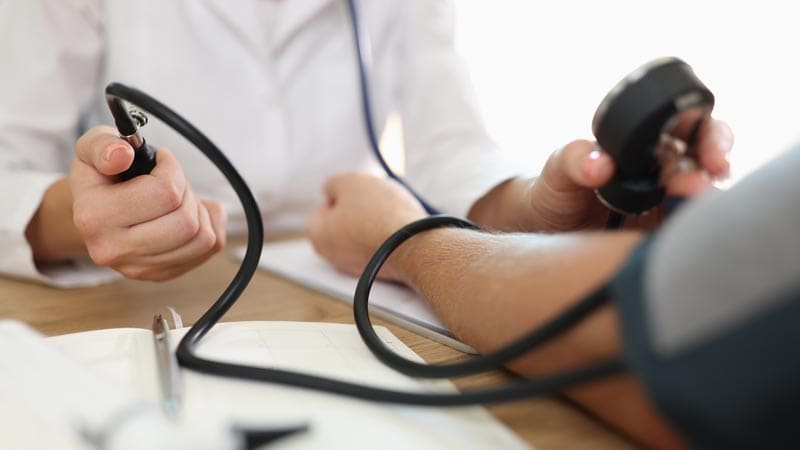At a glance
The Centers for Disease Control and Prevention (CDC), United States Public Health Service (PHS), is responsible for ensuring that noncitizens entering the United States do not pose a threat to the public health of this country. The medical examination required by CDC regulations is a means of evaluating the health of persons applying for entry into the United States.

Medical Examination
Applicants must undergo a physical and mental examination as part of the visa application process. The purpose of the visa medical examination is to identify the presence or absence of certain disorders that could result in exclusion from the United States under the provisions of the Immigration and Nationality Act.
Panel Physicians
Panel physicians are medically trained, licensed, and experienced medical doctors practicing overseas who are appointed by the local U.S. embassy or consulate. More than 760 panel physicians perform overseas predeparture medical examinations in accordance with requirements, referred to as technical instructions, provided by the Centers for Disease Control and Prevention's Division of Global Migration Health, Quality Assessment Program (QAP).
Panel physicians must follow specific identification procedures, prescribed by the U.S. Department of State, to ensure that the person appearing for the medical examination is the person who is actually applying. The panel physician is responsible for the entire examination, including the required chest radiograph and any necessary laboratory procedures. The panel physician is also responsible for reporting the results of all required tests and consultations on the prescribed forms and for ensuring that the completed medical report forms are sent directly to the consular officer. The panel physician is not responsible for determining whether an applicant is actually eligible to apply to enter the United States; that determination is made by the consular officer after reviewing all records, including the report of the medical examination.
A current listing of panel physicians for a specific U.S. Embassy or Consulate may be obtained by contacting the consular or visa section. Additional information concerning U.S. Embassies and Consulates, including contact information for these sections, is available at the Department of State website.
Technical Instructions
These instructions are in accordance with CDC regulations and are for the use of panel physicians evaluating persons applying for immigrant or refugee status, as well as certain non-immigrants who are required to have an overseas medical examination.
- Medical History and Physical Examination
- Tuberculosis
- Vaccinations
- Mental Health
- Gonorrhea
- Syphilis
- Hansen's Disease (Leprosy)
- Other Physical or Mental Abnormality, Disease or Disability
For any questions about these Technical Instructions, panel physicians should contact the Immigrant and Refugee Health Branch of the Division of Global Migration Health (DGMH), Centers for Disease Control and Prevention (CDC), at [email protected]. Inquiries from the general public should be sent to CDC-INFO.
HIV Guidance
On November 2, 2009, the Department of Health and Human Services published a final rule regarding HIV infection. In this final rule, HIV infection was removed from the list of inadmissible conditions for immigration purposes and from the scope of the immigrant medical examination. The rule went into effect on January 4, 2010 after which HIV testing was no longer required as part of the U.S. immigration medical screening process and persons with HIV infection will no longer require waiver processing by the Department of Homeland Security to be admitted into the United States. These changes for HIV do not affect the Technical Instructions for other inadmissible conditions, such as tuberculosis.
Panel Physicians caring for U.S.-bound Refugees
To promote healthy resettlement, CDC provides guidance for panel physicians caring for U.S.-bound refugees. The Overseas Refugee Health Guidance provides panel physicians with supplemental guidance on vaccination, pre-departure treatments for malaria and intestinal parasites and fitness to travel. These activities are coordinated with the International Organization for Migration (IOM).
IOM organizes safe travel for the refugees and securely transmits health information from the overseas medical examination and pre-departure interventions to CDC, which transmits the information to the receiving U.S. healthcare providers. The results of the refugee medical examination are used to facilitate placement in the U.S. and continuity of health care so that persons with medical conditions receive timely follow-up after arrival in the United States.
